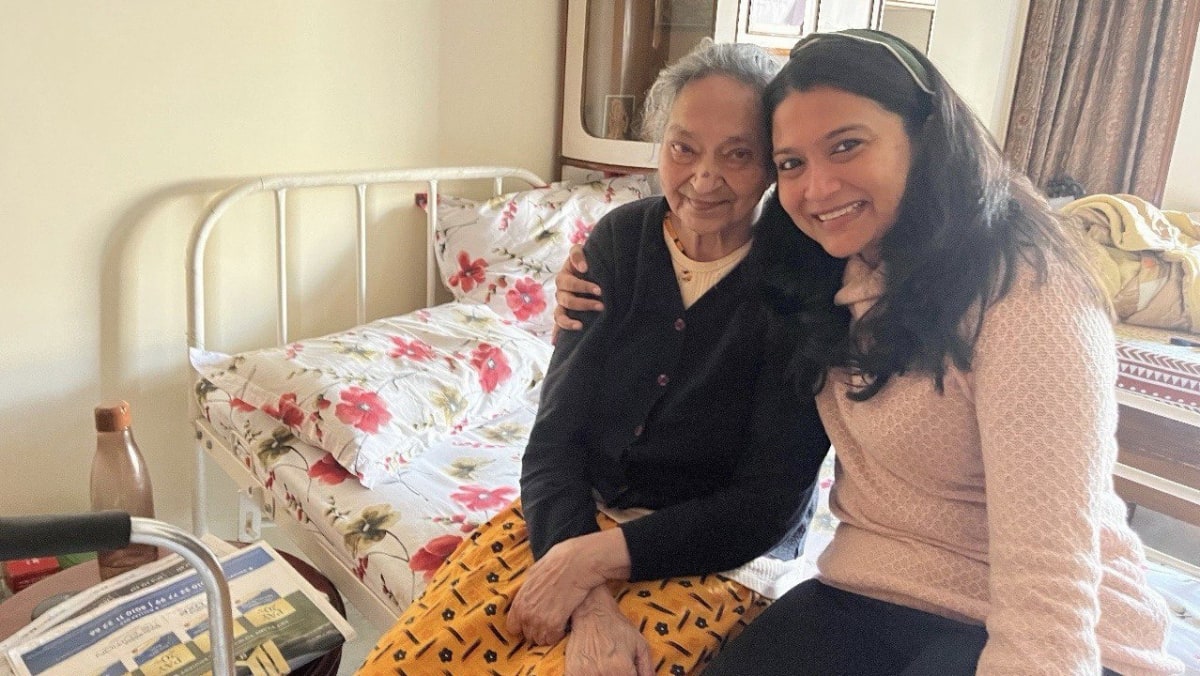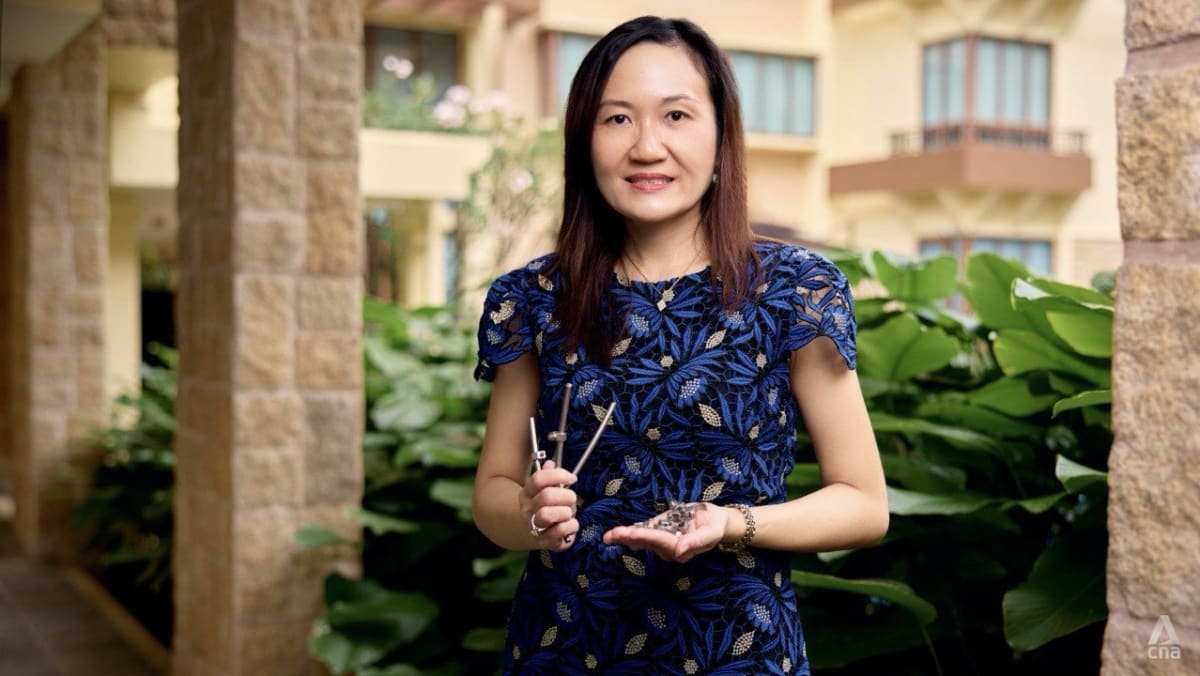Many of the scenarios also revealed that financial considerations went beyond a numerical value for low-income women, like in the real world. Even when a decision didn’t decrease one’s savings, there was an intangible cost.
In one instance, we were told that our daughter had qualified for an overseas school competition. If she went, we’d have to pay for the air ticket, and the cost of making a passport. Most of us, myself included, opted not to let her go on the trip.
Saving that substantial sum seemed like the more logical decision for a single mum of two trying to make ends meet. But I also knew from experience that a child doesn’t easily forget the formative moments when a parent lets them down, and despite not being a mother in real life, I felt a wave of guilt for making a supposedly wise choice.
In reality, DOT had likewise observed that the burden of caregiving is more likely to befall women than men. So their beneficiaries’ choices and the consequences of not making those choices often centre around these unspoken, yet rooted, gender expectations.
Whenever a family lacks financial resources, it’s “up to some female personnel to come in and care”, and these gender expectations often become “an inter-generational thing”, Kua said.
“When their older daughters grow up and their parents’ health starts to fail, even starting from teenage years, they have to take on some form of caregiving duties and responsibilities.”














